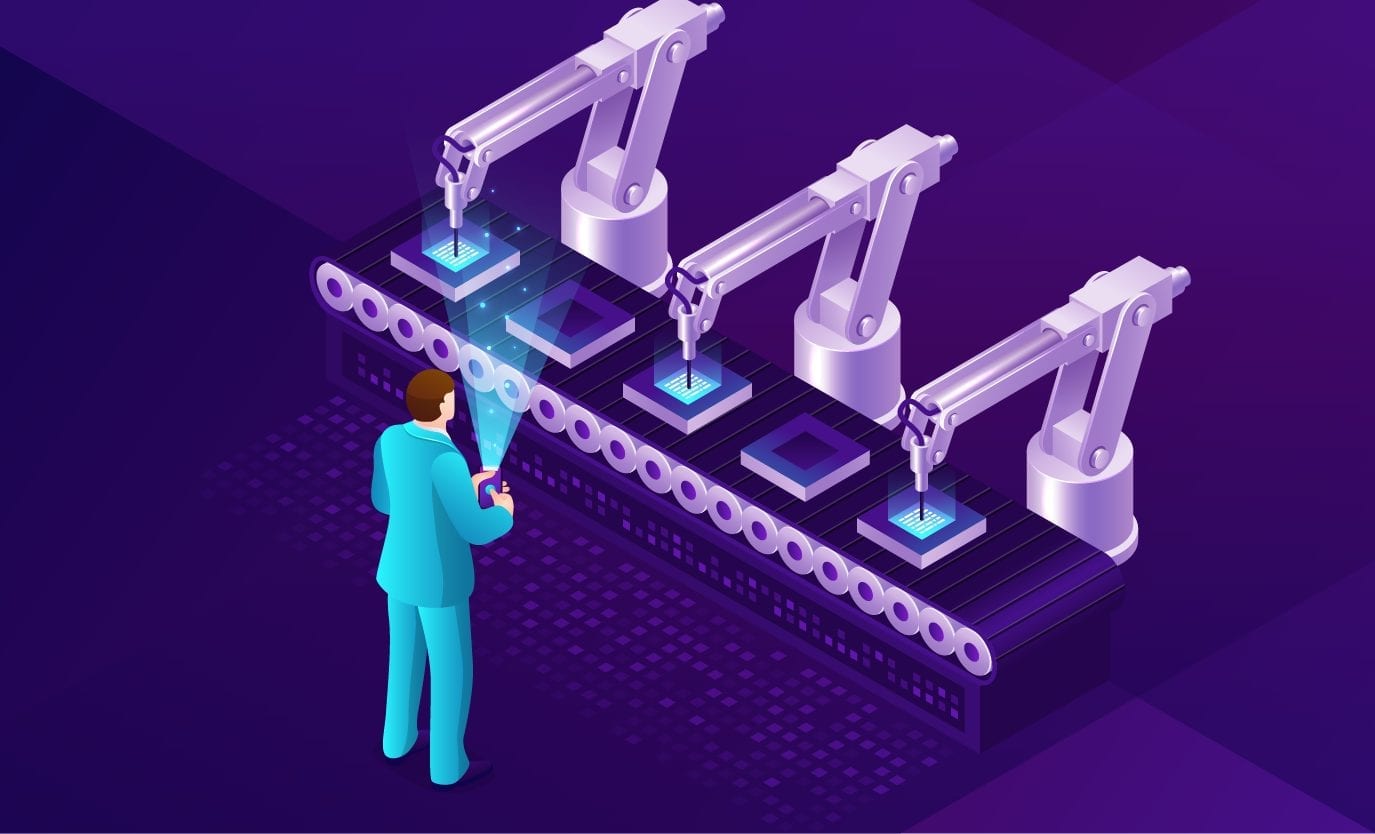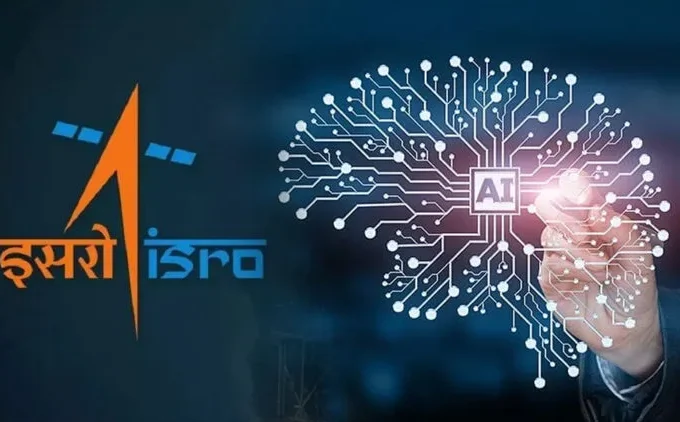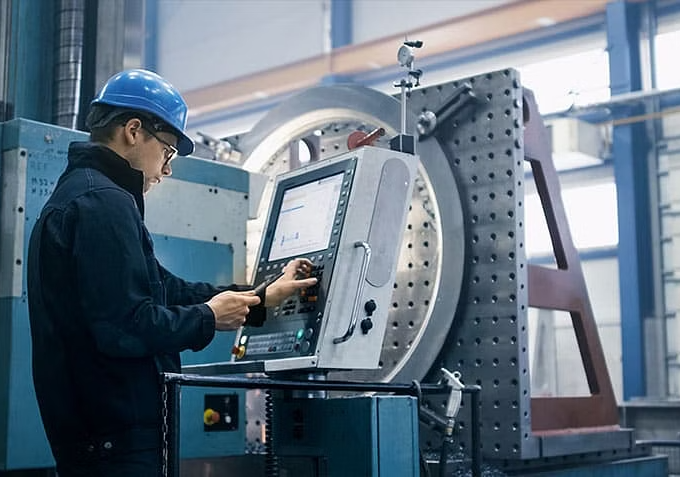The latest report from the World Economic Forum sheds light on the transformative potential of Artificial Intelligence (AI) in the Indian Agriculture sector. The report emphasizes that the sector can be revolutionized through the widespread adoption of advanced technologies like AI. The World Economic Forum, in collaboration with the Telangana government, released the phase-1 report of the ‘Saagu Baagu‘ (meaning ‘agriculture advancement’ in Telugu) initiative. As part of the AI for Agriculture Innovation (AI4AI) program, over 7,000 chilli farmers were provided access to agritech services during the first phase.
These agritech services, including AI-based advisories, soil testing, e-commerce, and produce quality testing, are currently in their pilot stage. In phase 2, which starts this year, the state government aims to expand these services to 20,000 chilli and groundnut farmers across three districts. Moreover, phase 2 will introduce a digital public infrastructure to support these initiatives. Looking ahead to phase 3, the ambitious goal is to reach 100,000 farmers in the state by the year 2025.
Originally launched in 2022, the project was initiated by Digital Green in partnership with three agritech startups, with backing from the Bill & Melinda Gates Foundation. The World Economic Forum views this project report as a valuable playbook for governments seeking to implement local agritech ecosystems and uplift smallholder farmers.
The Forum stated, “As the urgency of the climate crisis becomes more evident and conflicts and natural calamities continue to devastate communities, threatening global food security, the industry is under mounting pressure to embrace sustainable practices and revamp its portfolios. Consequently, agriculture has evolved into a dynamic arena with investment opportunities and innovative solutions, making it an attractive domain for tech-savvy and entrepreneurial minds”.
WEF highlighted that, these technologies are often marked by fragmented technological infrastructure, high costs of operation, a lack of data accessibility, and limited technical expertise. At the same time, they have considerable potential to significantly enhance productivity and sustainability. This acts as a hindrance to its impact. WEF added, “AI4AI talks about these challenges to scale emerging technologies and lies at the heart of project ‘Saagu Baagu’.
WEF mentioned the project as a perfect example of agriculture value chain transformation by concentrating on enabling flexible agritech services delivery to the customers using administrative and policy support and digital public infrastructure, including ‘Agriculture Data Exchange’ and ‘Agritech Sandbox’.
















Leave a comment